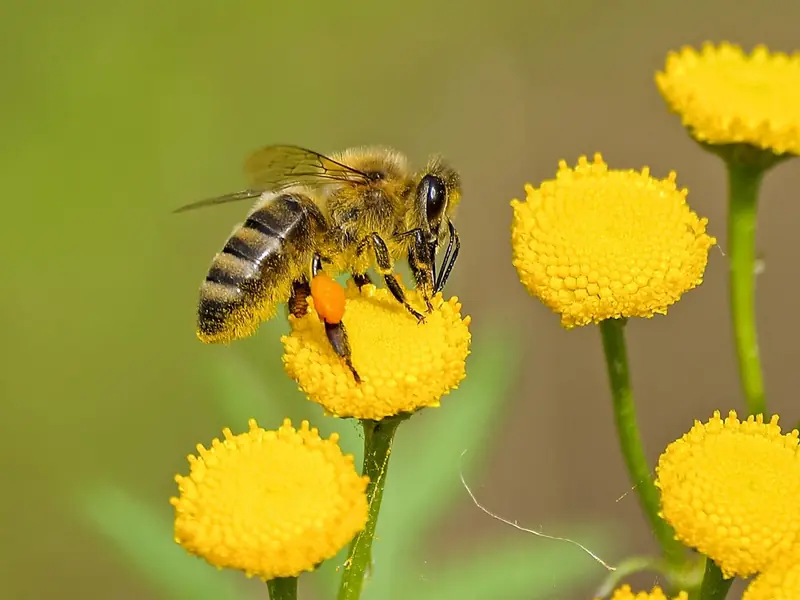
According to scientists, the distinctive buzz of bees may soon become a rarity as climate change reduces the frequency and pitch of these insects’ wing vibrations.
Due to abnormally high temperatures and air pollution from heavy metals, bees are losing their ability to buzz. This poses a significant threat to their communication, plant pollination, and the functioning of Earth’s ecosystems as a whole.
What Did the Researchers Report?
A team of researchers from Uppsala University in Sweden analyzed the behavior of yellow-faced bumblebees, one of the most common bumblebee species in Europe. Using accelerometers, the scientists measured the frequency and pitch of the insects’ buzzing, paying particular attention to the sounds they make when they are not flying.
The analysis revealed that due to high temperatures and the influence of heavy metals, the bees’ muscles have become less effective at contracting during buzzing. This has led to a decrease in wing vibrations and a reduction in sound volume, as reported by the Daily Mail.
“People have long been interested in how insect flight muscles work, as these muscles drive the most efficient flight systems in nature. However, few realize that bees use these muscles for other functions beyond flight,” said Dr. Charlie Woodrow, a co-author of the study.
He explained that these important muscle vibrations are necessary for communication, defense, and the buzzing pollination of certain plants.
Buzz pollination is an incredible behavior where a bee, while on a pollen-laden flower, contracts its flight muscles up to 400 times per second. These rapid vibrations shake the pollen loose.
Many common garden plants, such as tomatoes, blueberries, and honeysuckle, rely on this type of pollination.
“Now we know that certain environmental pollutants can affect bee buzzing, making it a potential indicator of ecosystem health,” Dr. Woodrow believes. He noted that if these vibrations disappear, it could lead to poor communication within the colony, ineffective thermoregulation, and decreased population reproduction.
Pollination issues will have serious consequences for the biodiversity of our planet’s flora.
If global warming continues to intensify, bees will increasingly avoid flowers that require buzzing for pollination, Dr. Woodrow stated.
The research team’s findings were presented at the annual conference of the Society for Experimental Biology in Antwerp, Belgium.

